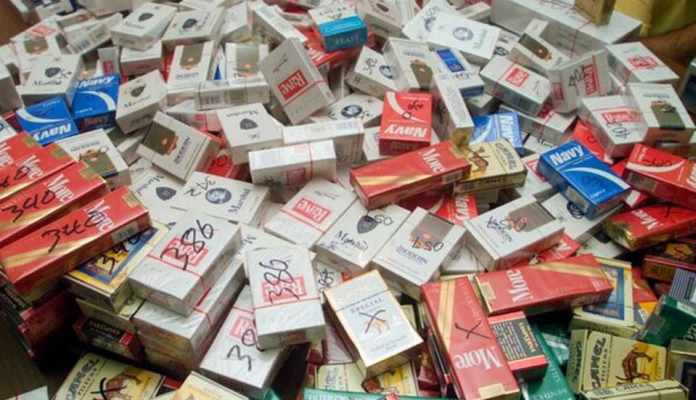The Cámara de Comercio de Costa Rica (CCCR) – Chamber of Commerce of Costa Rica – reported on August 21 that the volume of illegal trade in Costa Rica reaches ¢7 billion colones, equivalent to 6.8% of total household consumption.

This implies that, of every ¢1,000 colones consumed by Costa Rican families, almost ¢70 are destined for the purchase on the black market.
These results were obtained in the first estimate on illegal trade in Costa Rica.
Jairo Mena, executive director of the Catrade para el Observatorio del Comercio Ilícito of the CCCR., said the first step in correcting a problem is to define its magnitude.
“The results obtained in the study not only allow us to know the size of the illegal trade in the country but also provide us with tools to design a road map that allows us to combat it,” he said.
The results include data on the most demanded products illegally by Costa Rican households: between 22% and 25% of cigarettes consumed have an illegitimate origin; in addition, 15% of alcoholic beverages consumed in the country come from an illegal market.
Following are auto parts at 10% and appliances (linea blanca in Spanish) – refrigerators, kitchens, washing machines and others, at almost 9%. Clothing and medicines 8% of each and footwear, diesel, soaps, detergents, perfumes, and other toiletries are between 6% and 7%.
The illicit trade has many consequences for the country, among the most important ones: the health risk for consumers when consuming illegitimate products or without the correct prescription (in the case of medicines); the risk associated with the quality of the products and no guarantee; public insecurity associated with the illicit market; and of course tax evasion problems.
“Although the efforts made by tax enforcement are really plausible, the fight against illicit trade must be a joint effort between government authorities, the private sector and the public,” said Mena.


